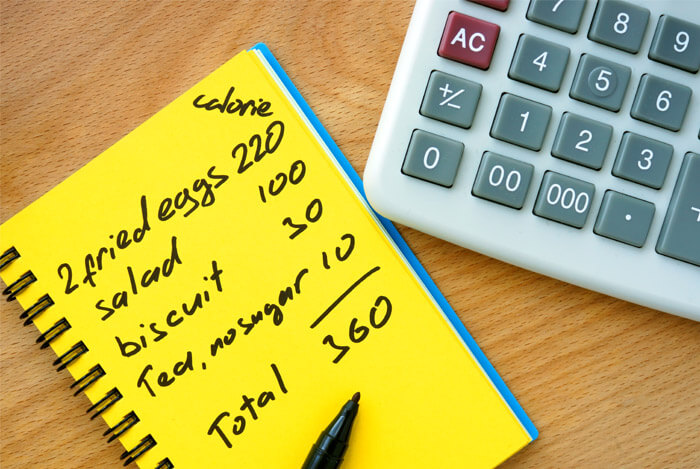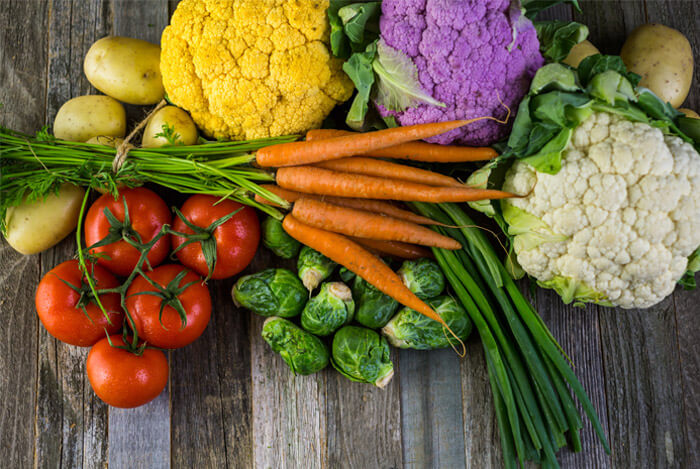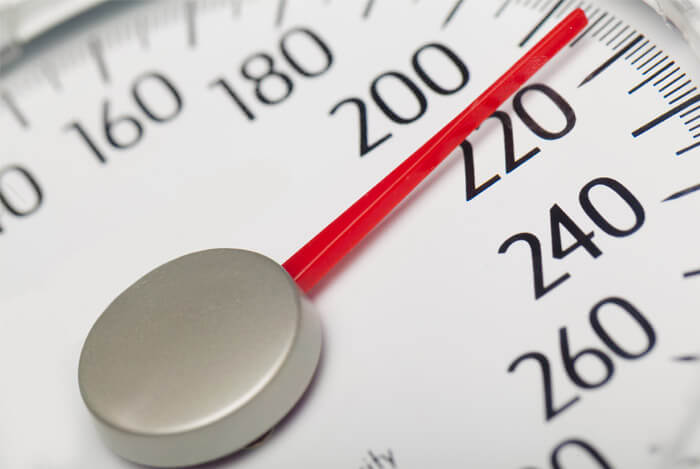If you’re trying to lose weight, you’ve probably already wondered: are there some not-so-obvious measures I could be taking to make this process more efficient?
Nothing will replace a healthy diet at a caloric deficit and exercise, but there are some things you can do that may help you along the way.
Read on to find out more.
- 1. Drink More Water
- 2. Drink Fewer Calories
- 3. Eat Smaller Portions
- 4. Get More Exercise
- 5. Drink Your Coffee Black
- 6. Get More Sleep
- 7. Don’t Switch Between Fad Diets
- 8. Eat More Fiber
- 9. Use a Protein Supplement
- In Conclusion
Table of Contents
+1. Drink More Water

Staying hydrated helps you to be healthier overall.
While you should be drinking water all day, an important time to drink water is right before your meals, as it may reduce the amount of calories you take in before you feel full.
2. Drink Fewer Calories

If you’re watching your weight, don’t just watch what you eat, watch what you drink as well.
You might think that fruit juice is better for you than a sugary snack, but in reality it’s still packed with calories.
Liquid calories are generally not as filling, and easier to consume than solid food.
3. Eat Smaller Portions

If you’re calculating how many calories are in a food you’re about to eat, be mindful of what an average serving size should be.
Keeping track of your portions won’t only help you keep track of your total calorie intake, it can also help you lose weight by making you more aware of what you’re eating.
4. Get More Exercise

Exercising is one of the best ways you can improve your overall health.
It also helps you to lose weight by stimulating your body to burn more calories and help you keep that caloric deficit you need to see results.
30 minutes of exercise that gets your heart rate up, whether it be cardio or weightlifting, is a good base amount to shoot for.
But don’t be afraid to do more. Exercising is just plain good for you.
5. Drink Your Coffee Black

Many times, people add several hundred calories worth of cream and sugar to their coffee.
If you tak this into account when tracking your diet, then it’s fine to add some cream and sugar, but most people don’t.
6. Get More Sleep

People seriously underestimate the benefits of a good night’s rest, especially when it comes to losing weight.
Studies have shown that poor sleep strongly increases the risk of obesity in both adults and children. Better sleep is associated with less weight gain, because sleep is an essential process the body uses to keep all of its normal functions running their best.
7. Don’t Switch Between Fad Diets

If you keep moving from diet to diet, looking for the next trend or get-slim-quick scheme, you’re putting yourself on a course for failure.
A lot of diets are really only for short term use anyway. That’s why the best long term strategy is to simply make sure you live an active lifestyle, and most importantly maintain a well-balanced diet.
Make sure your body gets everything it needs, while avoiding giving it everything your brain or eyes want.
8. Eat More Fiber

If you go for more vegetables and other high fiber foods like legumes, you’ll stay fuller longer.
While the science is still not completely certain about the effects of fiber on the gastrointestinal system, studies have shown its effects in helping to increase satiety and help to control weight over the long term.
9. Use a Protein Supplement

As was mentioned before, protein is a seriously important part of your diet. If you aren’t getting enough protein, it might be wise to start taking a protein supplement like whey protein.
In Conclusion

A the end of the day, you will lose weight if you are eating less calories than you burn during the day.
There are methods to help you achieve that caloric deficit, but nothing will replace a good, balanced diet and exercise.










